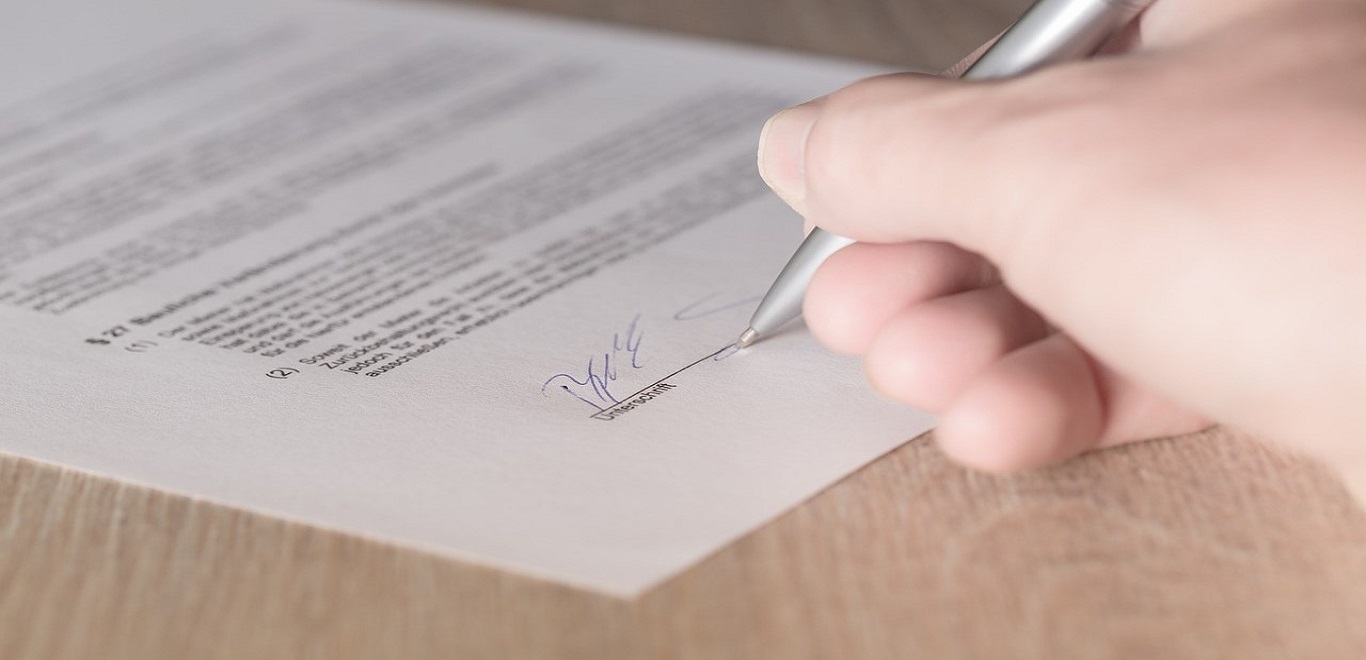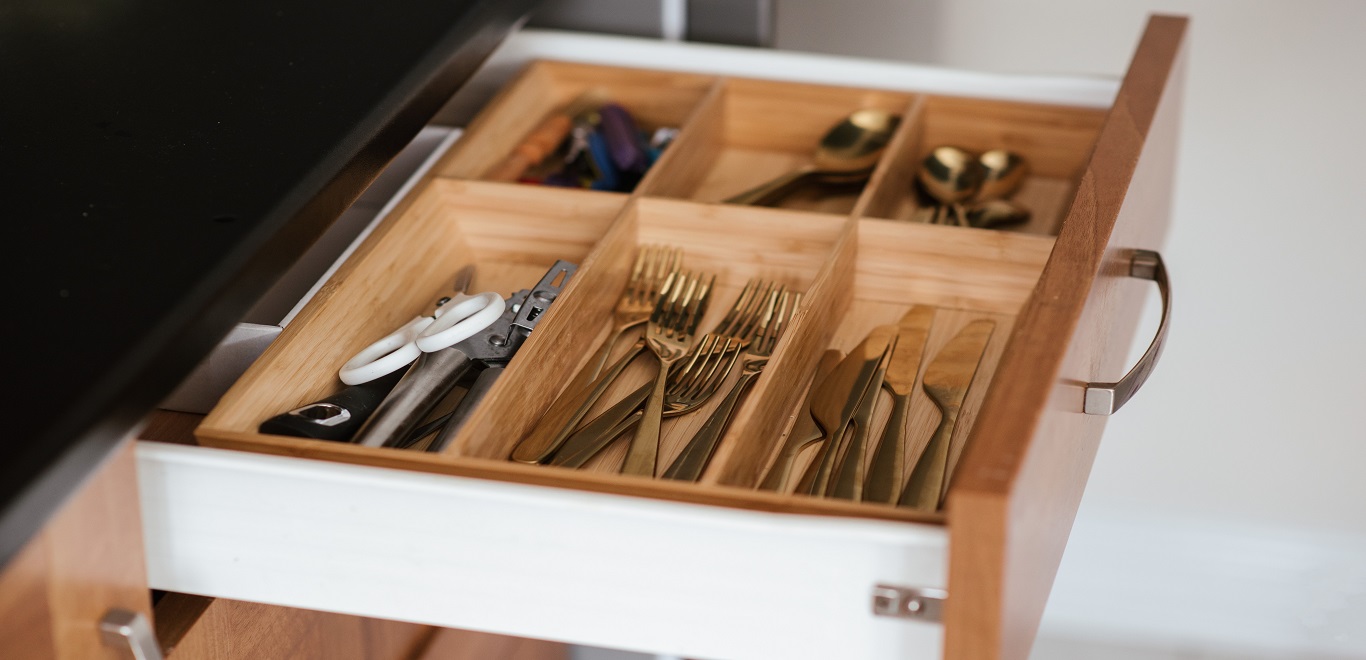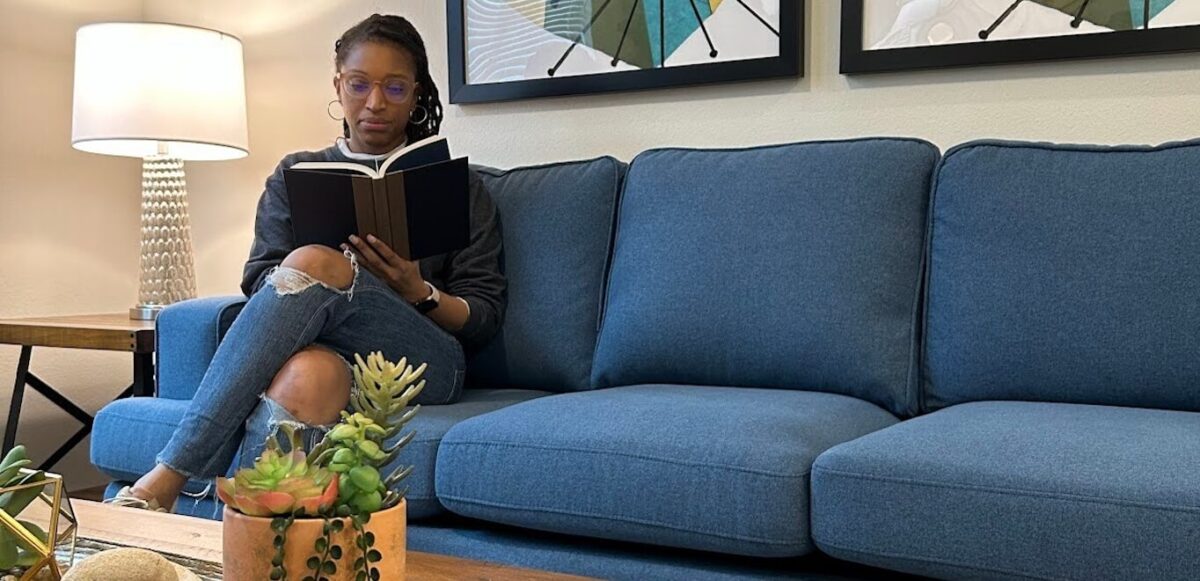The time has finally come — you’re on the hunt for your first apartment. While moving out of your parents’ home promises excitement and independence, the process may be more complicated than you think. Here are six tips for the first time apartment renter.

1. Know What You’re Paying For
If you are a first time renter, then it’s important to know upfront what you are expected to pay. In addition to rent, many landlords and rental agencies charge a non-refundable application fee from $25 to $100 per tenant, which often covers a credit and background check. You should also expect to pay a security deposit equaling from one to two month’s rent, depending on where you live. This fee is refundable providing you keep your apartment clean and in good condition.
While some landlords pay for utilities, others do not. Types of utilities you might be responsible for include gas, electricity, water, sewer, garbage, and internet.
2. Come Prepared
Part of renting your first apartment is filling out a rental application. To complete the application process, you need your driver’s license or another government-issued ID. It’s also a good idea to bring a resume and a listing of the names and phone numbers of character references like employers and teachers. If you have little or no credit, then providing a few months worth of pay stubs demonstrates to the landlord that you are employed and capable of making the monthly lease payments.

3. Understand Your Lease
When it comes to tips for first time renters, understanding your lease is the most important. A lease is a legal agreement between you (the renter) and your landlord. In order to rent an apartment, you must agree to the terms of the lease and the penalties for breaking the terms of the lease. That’s why it’s important to read through your lease carefully and ask questions if needed.
It’s not unreasonable to ask for a day or two to look over the lease so that you can get input from a parent or someone else you trust. A lease agreement should include all of the fees (rent, deposits, utilities, etc.) that you are responsible for along with rules for subletting and lease termination.
As a first time apartment renter, you may need a co-signer for at least the first six months of your lease period. Before asking a parent to co-sign, know that your mom or dad is responsible for any missed rent payments or damage to your apartment. If you will be living with roommates, all occupants of the apartment should sign the lease, and all should get co-signers if needed.
4. Bring the Essentials
While some apartments come with basic furniture, others may require you to bring in furnishings. At a minimum, you need a sofa, a dining table and chairs, a bed, and a dresser. To make an apartment feel like home, it also helps to have a nightstand, a table lamp, a television, and a TV stand. In addition, renters need household items like cookware, dishes, utensils, a shower curtain, towels, and cleaning supplies.

5. Ask About the Pet Policy
If you have a pet, make sure that your apartment building allows animals before you sign the lease. While some buildings do not allow pets, others permit certain kinds of animals or pets under a certain size. Most buildings that do allow pets require a larger security deposit or extra monthly rent. Before you move into an apartment with a pet, make sure you have a plan for pet food, water, a litter box if needed, and regular outdoor time.
6. Get Renter’s Insurance
According to Robert Farrington, creator of The College Investor, all renters should get renter’s insurance, and some landlords require it. To keep the cost of renter’s insurance low, Farrington recommends combining it with other policies like auto insurance. Typically, a renter’s insurance policy covers:
- Fire
- Theft
- Vandalism
- Smoke damage
- Damage from lightning or wind
- Water damage (from indoor sprinklers or pipes)
Now that you understand how to rent an apartment for the first time, you’re ready to leave home and fly out on your own. To avoid the hassle of shopping for furniture and moving it in, check out CORT Furniture Rental for stylish sofas, dining sets, beds, chairs, and more — delivered conveniently to your door.







